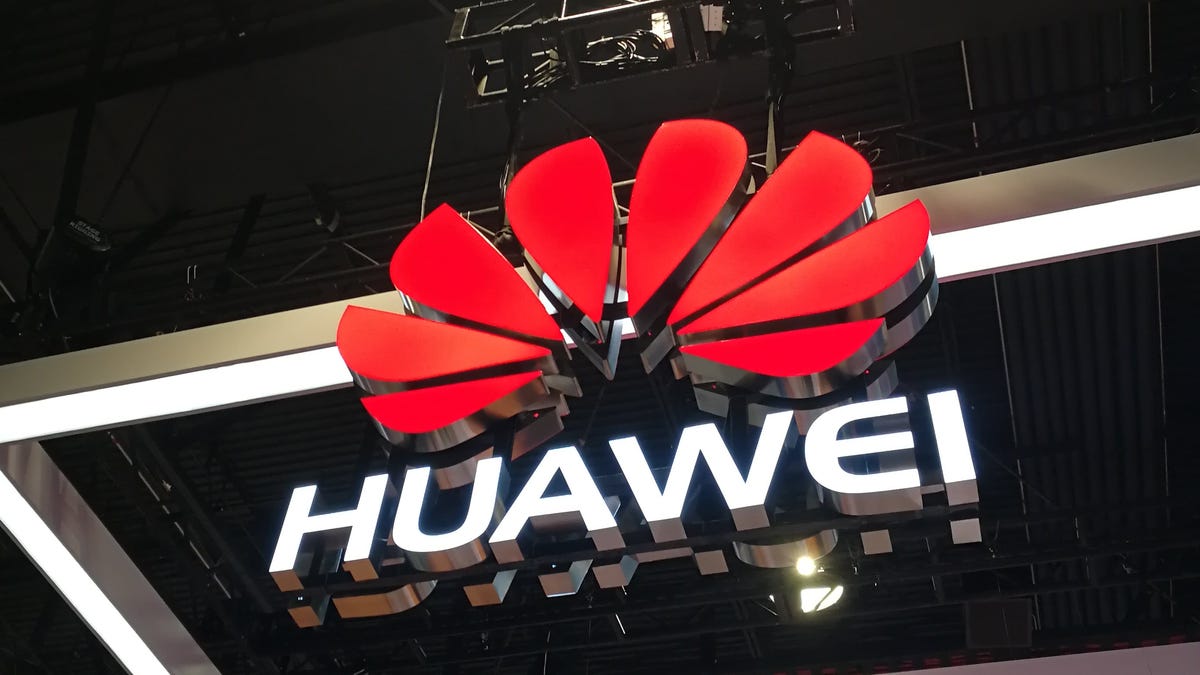US finds Huawei has backdoor access to mobile networks globally, report says
The Chinese tech giant has reportedly had access to carrier equipment for over a decade.

Huawei can reportedly access backdoors in mobile networks globally.
Chinese tech giant Huawei can reportedly access the networks it helped build that are being used by mobile phones around the world. It's been using backdoors intended for law enforcement for over a decade, The Wall Street Journal reported Tuesday, citing US officials. The details were disclosed to the UK and Germany at the end of 2019 after the US had noticed access since 2009 across 4G equipment, according to the report.
The backdoors were inserted for law enforcement use into carrier equipment like base stations, antennas and switching gear, the Journal said, with US officials reportedly alleging they were designed to be accessible by Huawei.
"We have evidence that Huawei has the capability secretly to access sensitive and personal information in systems it maintains and sells around the world," Robert O'Brien, national security adviser, reportedly said.
O'Brien also called less-expensive Chinese solutions "tempting of a gift to turn down" for some countries, according to CNN, but that they come "with a price" of the Chinese company having access to information on the network.
Huawei denied the reports, saying it's the US government that's been "covertly accessing telecom networks worldwide, spying on other countries."
"US allegations of Huawei using lawful interception are nothing but a smokescreen," Huawei said in an emailed statement Wednesday. "Huawei has never and will never covertly access telecom networks, nor do we have the capability to do so."
The White House didn't immediately respond to a request for comment.
UK Prime Minister Boris Johnson approved Huawei for 5G last month with some conditions: The British restrictions are to exclude Huawei from building core parts of the UK's 5G networks, have Huawei's market share capped at 35% and exclude Huawei from sensitive geographic locations. The European Union allowed higher-risk vendors for 5G with similar restrictions at the end of January.
Huawei's 5G approval there came despite the US urging the UK to ban the Chinese telecommunications giant.
Huawei was blacklisted in May when it was added to the United States' "entity list" (PDF). In addition, US President Donald Trump at the same time signed an executive order essentially banning the company in light of national security concerns that Huawei had close ties with the Chinese government. Huawei has repeatedly denied that charge.
Originally published Feb. 11, 2:35 p.m. PT.
Update, 4:22 p.m.: Adds quote from CNN report; Feb. 12: Adds statement from Huawei.

